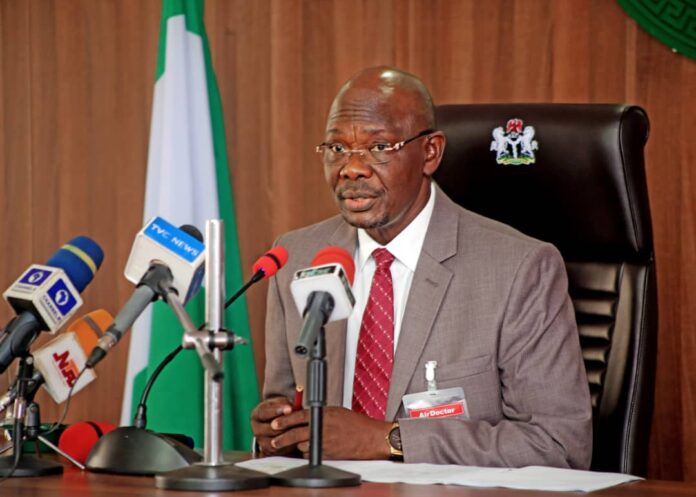By Francis Nansak, Lafia
Governor Abdullahi Sule of Nasarawa State says his administration will continue to give priority to the traditional institution by providing enabling environment to contribute in peace building and security development.
The Governor made this known during the launch of a research report held at the Ministry for Local Government, Chieftaincy Affairs and Community Development, Lafia, on Monday.
Sule, while launching the research report, said the traditional institution plays a significant role in the development and exploits witnessed in the last three years of his administration, assuring that no effort will be spared in maintaining and building peace in the state.
He maintained that the training will reinforce community-based conflict resolution mechanism that ensures critical stakeholders resolve their issues amicably.
He reaffirmed his government’s resolve to study the report with a view to adopting its recommendations for the benefit of the state, calling on participants to leverage on the training to add to their experiences on how to resolve disputes, even as he commended the organizers of the event.
In a paper presentation, General Martin Luther Agwai (rtd.) said the report was well-thought-out as it would go a long way to addressing conflicts of interest in state and region.
Also commenting on the training, Senior Special Assistant to the Governor on Human Capital Development, Habiba Balarabe Suleiman emphasized that the government facilitated the training towards giving room for full capacity building of traditional institution.
In a vote of thanks, Professor Mike Kwanashie expressed satisfaction on the willingness of the state to recognize the efforts of the organizers exhaustive implementation of all recommendation.
The 2-day event organised to launch a report entitled “Ending Violence In Nigeria’s Middle Belt: A Strategic Report on Nasarawa State and Community Grievance Management Trainings For Traditional Rulers” was in collaboration with the Nigeria Middle Belt Brain Trust and the Institute For Integrated Transitions.
